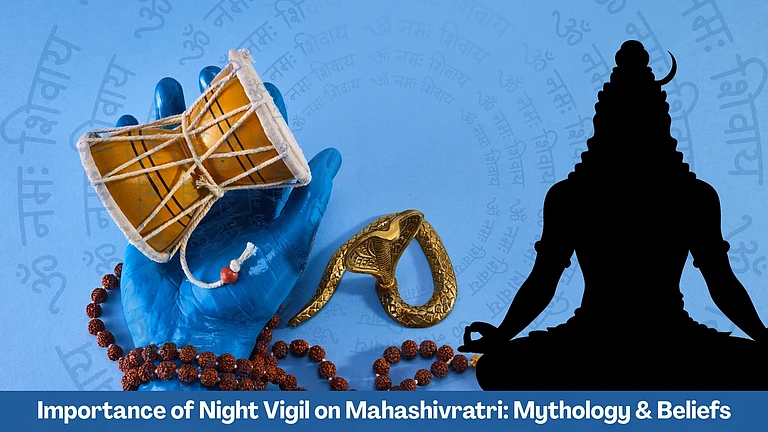Every morning, with the coming dawn, she emerges like a ray of hope. Amidst the squalor and filth of Delhi’s Muslim-dominated resettlement colonies in Neb Sarai, Nangloi, Nand Nagari, Jwalapuri and Nizamuddin, the frail figure of Reena Banerjee is a welcome sight. For, among these shanties which house thousands of families, Reena does almost anything and everything she can to alleviate some of the neglect and misery.
A trained social worker from the National Institute of Planning and Child Development, Reena’s first brush with life in the shanties came a few years ago. She’d accompanied a rape victim to the Nand Nagari police station to lodge a complaint, but instead was hounded out. Faced with this routine government apathy, Reena didn’t return to the police station. She quietly called a few journalists and narrated the tale of horror. The next day, the accused were arrested. It was this incident which led Banerjee to become increasingly involved in the shanties, seeking out other cases of such hapless young women.
Reena became more and more concerned with the problems of Muslim women and felt the strong urge to save young girls from marital violence. Says she, "Most girls were pulled out of school once they attained puberty and were forced into household work. As an act of final responsibility, parents got the girls married off. However, most of these girls were tortured and sent back with a new-born baby often with demands of more dowry. My request to Shakti Shalini, an organisation I’d then joined, to start a centre to help these girls was turned down.
The work was tough, and within a year of getting off the ground, Nav Srishti was facing a financial crunch. However, timely help from Child Relief and You, Rajiv Gandhi Foundation, Central Social Welfare Board and National Foundation of India ensured projects didn’t die prematurely. Initially, many people were hesitant to send their girls to these centres. But Reena’s linguistic skills came in handy, what with many residents hailing from West Bengal, Bangladesh and Nepal. Other residents were convinced about the benefits of female education by Shahjahan Apa.
Nav Srishti has given new hope to many. Rehana, whose 15-year-old sister was tortured to death by her in-laws, now earns enough for survival courtesy the beautician training she got from the NGO. The tailoring-sweater knitting course helped Nisha, 15, not only to sew and knit for her family but also secure orders from local tailors. Now, Nisha and her seven siblings-who earlier were subjected to beatings by their alcoholic father-are in a position to get a formal education. In fact, realising the importance of information technology, 10 girls from Nav Srishti are enrolled in a free computer course at a centre run by the Delhi School of Social Work. The NGO also tries to help promising students and rewards them financially.
A year ago Reena floated the idea of a cooperative bank for Srishti activists who were asked to deposit Rs 30 every month. The money is used to provide loans of up to Rs 3,000 to start some business. So far about Rs 50,000 has been handed out as loans, and as Reena proudly points out, "There’s a 100 per cent recovery on these loans." While much remains to be done yet, Reena believes that together they’ll see things through. Nav Srishti’s address is: House No 447, Neb Sarai, Delhi 110068; phone: 652 1410.
























